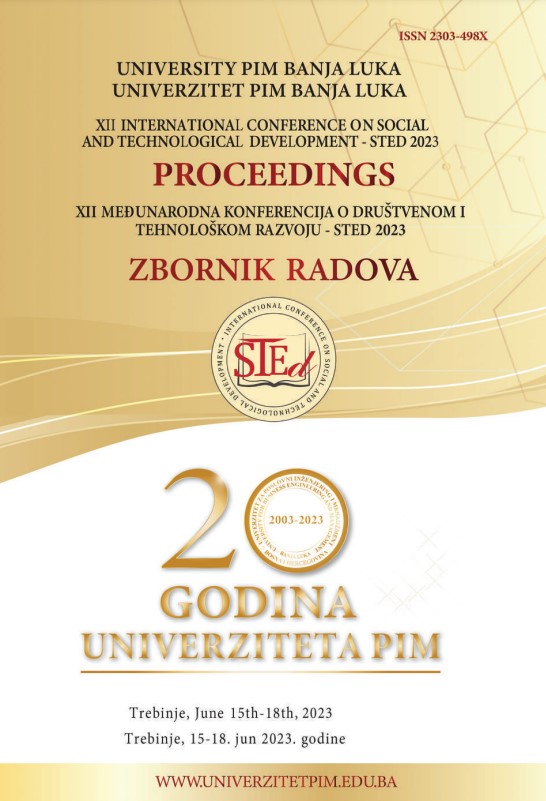EARLY DETECTION OF PHYTOPHTHORA PLURIVORA PATHOGEN INFECTION IN SWEET CHESTNUT LEAVES USING NONDESTRUCTIVE OPTICAL METHOD
DOI:
https://doi.org/10.7251/PIMZ2301383MKeywords:
Nondestructive optical method, leaf transmittance, plant health assessment, Phytophthora plurivora, sweet chestnut leavesAbstract
This study introduces a novel nondestructive optical method for detecting infections of the invasive Phytophthora plurivora pathogen in sweet chestnut (Castanea sativa) leaves, as well as monitoring plant health and stress. The proposed method utilizes spectrophotometric measurements to continuously monitor the optical transmission coefficients of plant leaves in realtime. To test the method, one group of plants was infected with the pathogen while another group was kept healthy in prolonged period. The infected group exhibited modified circadian rhythms of the optical transmission, which were indicative of the plants' stress. These findings demonstrate the ability of the proposed optical method to detect early stress in plants and to improve plant health assessment and management by providing an early indicator of plant stress and disease, thereby allowing for prompt intervention and treatment.
